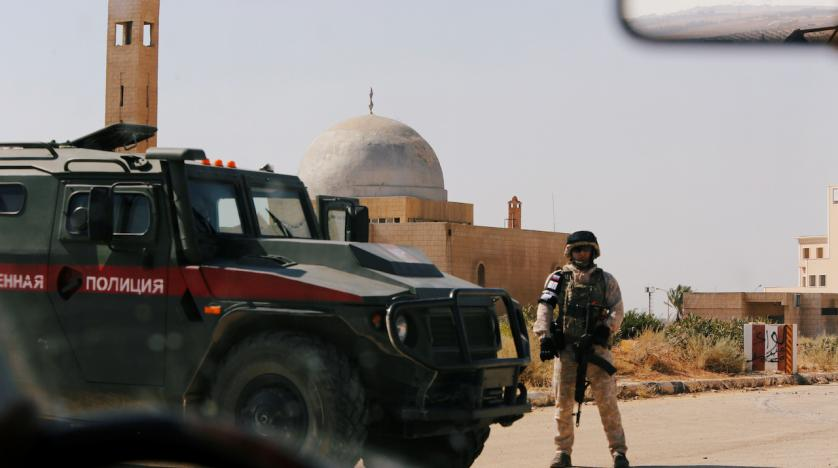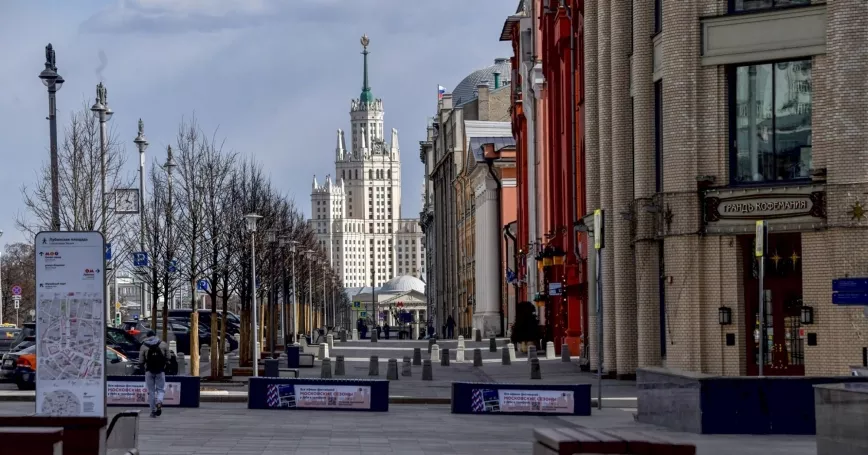China conducts major military drills as US lawmakers visit Taiwan
The PLA says the drills were conducted ‘in response to the recent wrong signals’ by Washington over Taiwan.
By RFA staff 2022.04.15 — The Chinese military conducted a large multi-force exercise on Friday morning around Taiwan, just hours after U.S. lawmakers arrived for a visit to show support for the self-ruling island and meet President Tsai Ing-wen.







